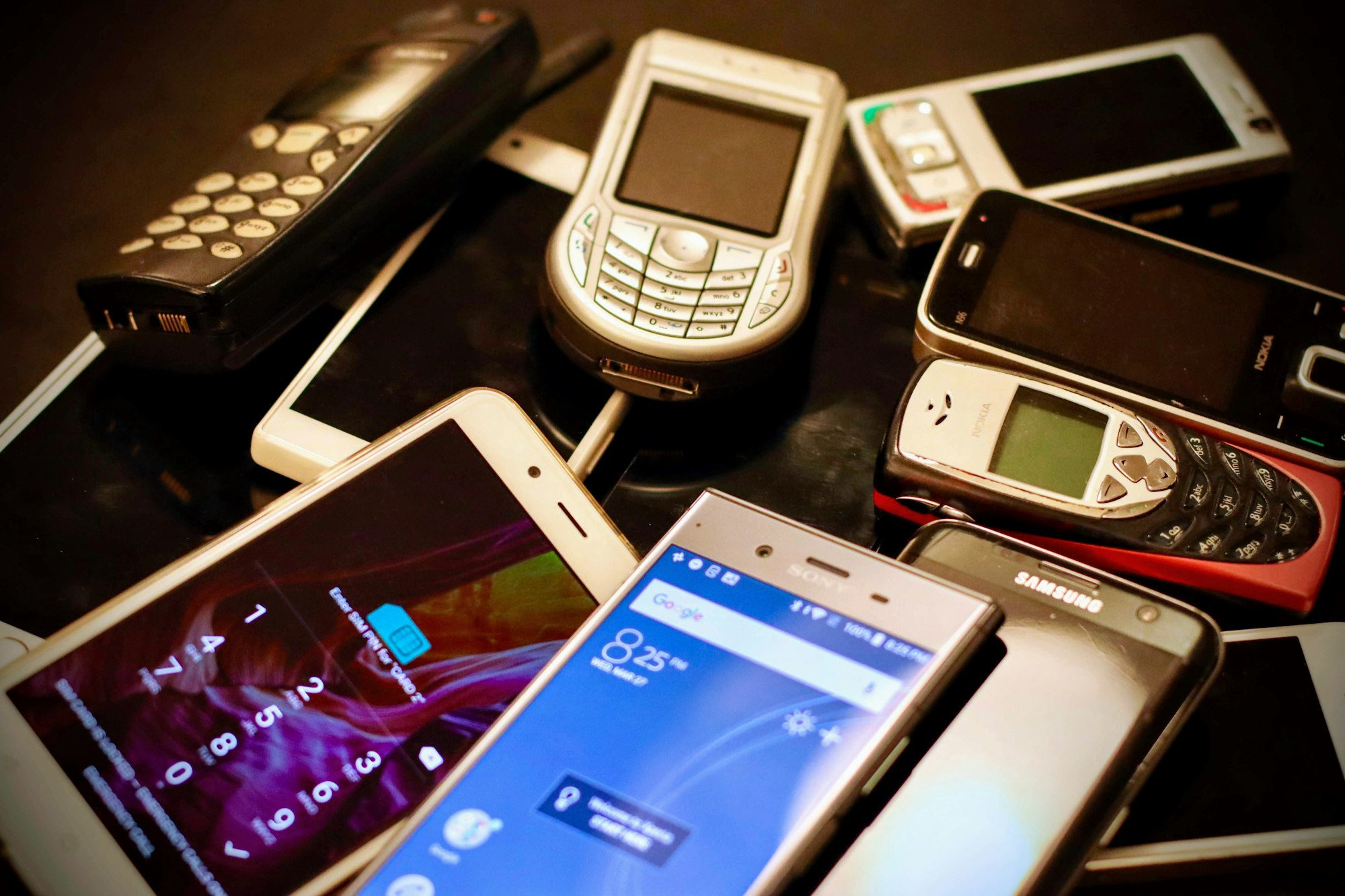5G brings cell carriers up to par, but it isn't a revolution

There's an amazing wireless technology that lets you download a high definition movie to your phone or computer in seconds. This technology can send gigabits of data over tens of miles in a tightly focused beam of millimeter-wave radio. It will replace outdated DSL and cable home internet with faster, cheaper alternatives and usher in a glorious age of VR, AI, and IOT.
The tech
What is this technology called? Is it 5G? No. That's just how good radio engineering is these days. All of these capabilities are available in inexpensive, commonly available radio equipment today. It's in newer (802.11ac) home wifi hotspots, and it's in the outdoor antennas used by wireless ISPs to supply internet to millions of happy customers. Nobody bothers to hype it up or call it by a special name. It's business as usual.
Unfortunately, cell phone companies have not been able to take full advantage of these newer radio technologies. They have been hobbled by the aging 4G protocols, which still contain some of the DNA of old-school landline telephonics.
On a technical level, the 5G protocols are simply an initiative to bring cellular technology up to the standards of modern wireless internet, without the sub 30 megabit speeds and 70 milliseconds of extra latency that dog most 4G deployments. This speedup comes from the use of higher radio frequencies, or “millimeter wave”.
It's a reality of physics that while higher frequencies have a higher data capacity, they are not able to penetrate obstacles. You will not get the promised high speeds of 5G unless there is a clear line of sight between you and the tower. If you walk around the corner, or under a tree, you will be back on the same frequencies and same speeds as 4G.
The hype
“This network [5g] will usher in what I think will be the fourth industrial revolution” -Lowell McAdam, former Verizon CEO
“I see a huge quantum leap when going from 4G to 5G” -Hans Vestberg, current Verizon CEO
Why so much hype? The simple answer is that people love to buy stuff that has a higher number on it than last year. “5G” gives carriers and cell phone makers a convenient label to hang their marketing on. Radio speeds will continue to improve, no matter the label, but someone can sell you the new 5G phone tomorrow.
5G is also a potent lobbying tool. Politicians have never been known for their firm grasp of technical subjects, and the idea of “China winning the 5G race” has allowed the cell phone companies to whip our politicians into a frenzy. For example: T-Mobile and Sprint are currently trying to get the feds to make an exception to centuries-old antitrust law because of 5G and China.
The reality
The reality is that 5G is not about the 5G protocol. 5G is a coordinated marketing and lobbying push by the cell phone carriers. The benefits of 5G are enabled by basic improvements in radio technology, which will only be brought into the real world with massive investment, whether or not the 5G protocol happens to be keeping the bits straight.
That's not to say that 5G isn't a technological achievement. Letting cell phones seamlessly switch to high bandwidth millimeter waves (when they're not blocked by a window, a tree, or a passing bird) is great. The new millimeter wave towers will really shine in settings like sports and music events- where there's a high demand for bandwidth, and everyone is able to see a tower mounted over the stadium.
Given that the 5G protocol doesn't provide capacity benefits by itself, a bet on 5G is really just a bet on cell carrier's ability to allocate capital. For example, Verizon's push for home 5G is looking exactly like how a traditional wireless ISP hooks up its customers.
It's great that the cell carriers are entering markets like IoT and home broadband that have been hampered by lack of competition for so long. But a 5G monoculture would be no better than what we have now. Our broadband future will be brightest with a healthy mix of competition. Cell carriers with 5G, wireless ISPs, community mesh networks running long range WiFi, and even the bad old cable ISP monopolies all have a role to play. More choices and more competition equals better outcomes for consumers.

